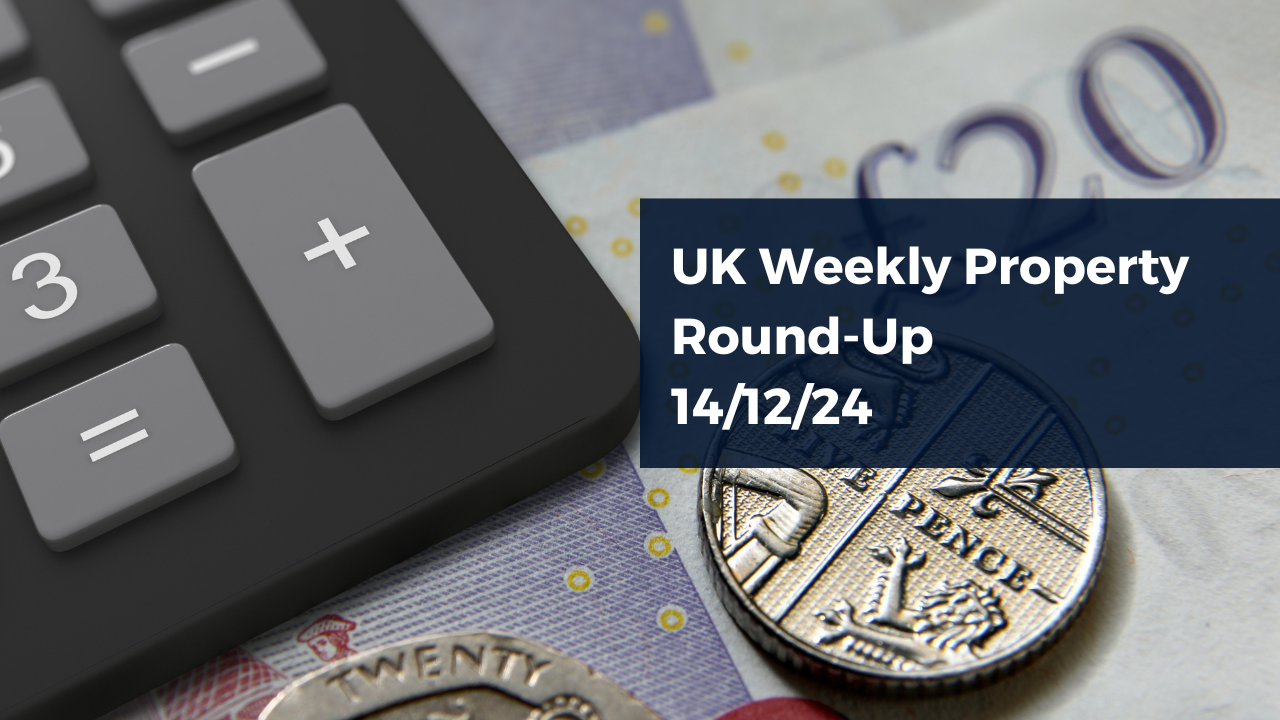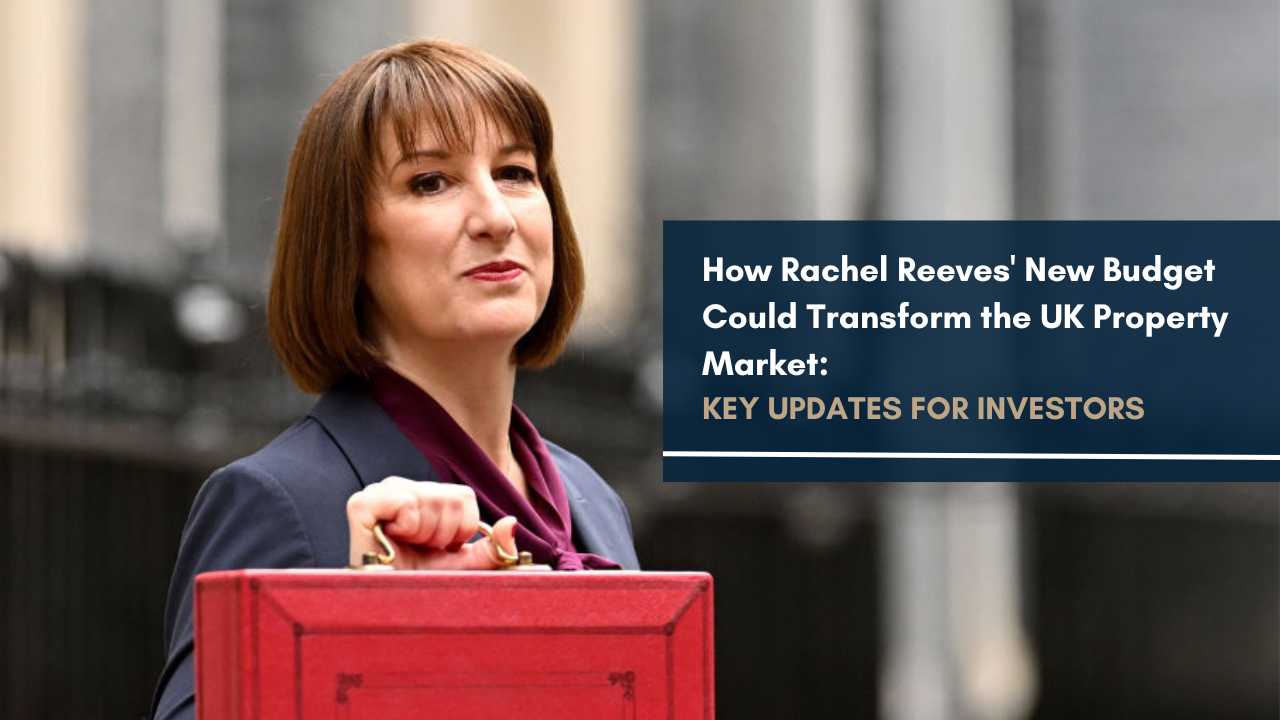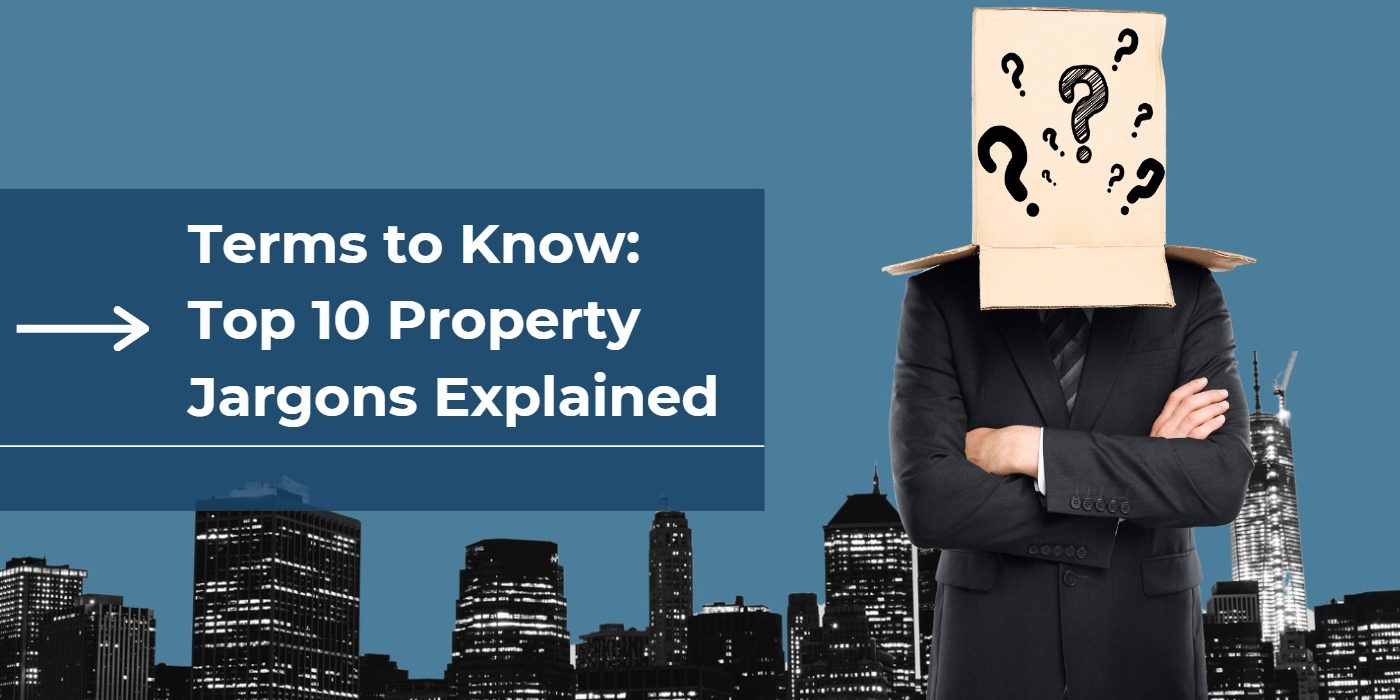Following the trends set out on the continent, the UK is quickly becoming a nation of renters. From families looking for long-term rentals to students in search of high-quality purpose-built accommodation, the demand for rented property is massive.
There is also a huge market for rented commercial premises, with many businesses on the hunt for central-based offices.
After seeing these vast gaps in the market and the lucrative returns they can generate, many investors are turning their hands to property.
What is Property Investment?
Property investment is the process of purchasing a residential home or commercial premises with the sole purpose of generating an income.
In most cases, the investor will never live in the property.
Instead, they will buy the property to rent to tenants. This will generate a monthly profit, providing the investor with an additional and often lucrative income.
Many choose to work with tailored investment companies. A property investment company will generally have a bank of well-researched assets and will help to link the individual with the investment best suited to their circumstances.
Additionally, property investment companies can help you find legal representation and they’ll provide after-sales support.
Types of Property Investment
There are several ways in which a beginner can break into the property market in the UK. The options will depend entirely on the amount of capital you have to begin your journey and how ‘hands-on’ you intend to be throughout the process.
Buy-to-let is the most common form of property investment in the UK. As the name suggests, an investor will purchase a residential or commercial property and lease it to tenants who will pay a monthly rental fee.
This is considered the least risky option. Providing the area is well researched, the property should generate a healthy, regular income. However, those new to investing should be aware that buy-to-let is considered a long-term strategy, and therefore unsuitable for those looking to make immediate returns.
On the other hand, many investors choose the buy-to-sell option, giving much faster returns. However, this option requires a very hands-on approach and is considered to have slightly more risk attached. Drops in the market where a quick turnaround is needed can cause the landlord to lose money on the property.
An alternative type of property investment comes in the form of a Real Estate Investment Trust (REIT). This allows individuals to buy into property investment companies that are listed on official stock exchanges.
In these circumstances, the money is pooled together to invest in various forms of property. The income is paid to the investors in the form of dividends. REITs can be a great way to diversify investment income, but again are only suitable for those who are content with a long-term strategy.
Is Property A Good Investment?
Of course, it is impossible to say whether anything is a ‘good’ investment.
However, buy-to-let properties regularly provide a stable income for investors.
Commercial properties commonly take a little longer to find a suitable tenant, yet the tenancy periods on these buildings are usually significantly longer. Whereas tenants for residential homes are commonly much easier to find, yet tenancies will likely be substantially shorter.
Once tenants are in the property and a management company is appointed, there is very little the investor needs to do. The investment will happily tick along in the background, allowing you to focus on other tasks.
Most landlords aim for yields of between 5-8% for residential homes, with more sizable gains currently available in the north compared to the more expensive London properties. For those looking for long-term returns, property is considered an extremely worthwhile investment.
| Investment Type | Property | Cryptocurrency | Stocks |
| Pros | o Mortgages are available – meaning more significant investments are possible.
o Is it a stable, long term investment, that is considered relatively low risk. o Property can attract unique tax benefits, especially for those looking for a stable requirement income. o There is a consistent, long term increase in property prices across the UK. |
o Potential for very high, fast returns.
o Allows for rapid diversification as investors can choose many different cryptocurrencies. o Cryptocurrency is easy to liquidise, meaning you can easily access the funds. |
o It is very straightforward. Investing in stocks can be done instantly through smartphone apps.
o Easy to sell, so investments can be quickly liquidised. |
| Cons | o It can be difficult to diversify without large cash injections.
o Fast returns are not generally possible with property investment. o It can be slow to liquidise the assets. |
o Highly volatile, meaning there is potential for huge losses.
o No official regulation, so open to a range of illegal activity. o Many are still unsure how cryptocurrency will play out on a global scale. |
o So much mixed information online makes stock investment challenging for those without expertise.
o Very time consuming as thorough investigation is needed before investing. o The stock market can be extremely volatile. |
How To Start Investing In Property
1. Consider The Risks Associated with Property Investment
There are, of course, risks associated with the property, as with any other type of investment. It’s therefore sensible to consider (and plan for) these risks before starting your investment journey.
For those interested in buy-to-sell, dips in the market can mean the profit is considerably less than expected. Alternatively, it may force investors to hold onto properties for longer than they initially intended.
Conversely, for buy-to-let, investors should be aware that every property will attract void periods occasionally. During these times, mortgage repayments still need to be paid, as well as base payments for utility bills.
Another risk associated with property investment is the fact that money will become tied up in the asset. Whilst property is an excellent way to boost your income, the money input becomes wholly inaccessible. For those that might require immediate liquidation, property may not be the most sensible option.
The best way to protect yourself against potential risks is to diversify your portfolio. Working with a range of asset styles in a variety of locations means that you will be less vulnerable to market fluctuations.
2. Decide What Type of Investor You Are
There are many options available to those who wish to invest in property. The asset class will depend entirely on what the individual hopes to gain from the investment.
Most property investors fall into one of three groups:
- Those looking for a new career path.
- These investors will generally be searching for hands-on investment opportunities with the scope to develop their knowledge and expertise. Investors looking for a new career path may be drawn to buy-to-sell homes and property development opportunities.
- Those looking for a primary income source.
- This applies to investors who are not yet ready to give up their current career. Buy-to-let will be most applicable for these investors, in either the residential or commercial sector. Working with a management company to oversee the daily running of the property allows the investor to take a back seat, yet reap the rewards.
- Those looking for an extra income source.
- This is usually best for those new to the sector. Starting with a small second property or a REIT investment can give individuals the stepping stone and confidence to build their portfolios.
3. Evaluate Your Budget
Once you have decided what kind of investor you want to be, you must generate the funds to make a purchase. This means you need to consider how much money you have available for investing. The answer can dictate your investment strategy.
Normally, rental properties are purchased with a cash payment or using a buy-to-let mortgage. This way, the investor has complete control regarding how much they pay for the property and the monthly rental charge they request.
There are, however, substantial costs associated with this. Buy-to-let mortgages typically require a 25% deposit, and most second homes will attract stamp duty charges.
Hence, some investors on lower budgets look towards alternative methods of investment, including REITs.
These give new landlords a step into the investment world without such a considerable transfer of capital. However, with this initial smaller output, the return will undoubtedly be significantly less.
How Much Do I Need To Begin Investing?
Of course, this question depends on a vast range of factors. However, we appreciate that those looking to invest require concrete numbers.
Although it can be done with less, Track Capital believes that £50,000 will provide investors with a healthy sum to take their first step.
Basing this on a 25% deposit, £50,000 will allow the purchase of a £200,000 property. Off-plan, city-centre homes are the best place to start.
Off-plan investing allows you to buy at a much better base price, as you are purchasing directly from the developer. This value will afford you a quality two-bed property in a high-performing city such as Manchester or Liverpool, attractive to tenants and great for capital growth.
As well as better cost prices, buying off-plan allows you more choice, which means you will be able to choose the home with the best view, or benefits such as a balcony and parking.
Once equity has been acquired in the home, it can be removed and recycled into new properties, which is an excellent way to build a robust portfolio.
4. Gradually Build Your Portfolio & Use A Management Company
Investing wisely in property takes time, patience, and expertise.
Whilst it is tempting to take an “all guns blazing” approach, you should slowly and cautiously build your property portfolio. Investors should continuously diversify where possible, meaning they invest in different asset classes and locations.
This is where investment companies shine. These dedicated businesses allow you to invest in new cities without ever even visiting. They can help landlords to buy in new areas of a country, confident the location is well researched and offers strong yields.
Once a property is purchased, the importance of a strong management company cannot be overstated. They will deal with sourcing tenants, conducting background checks, and dealing with any ongoing maintenance issues. This frees up your time to focus elsewhere, instead of dealing with the day-to-day property management.
5. Consider Your Goals And Exit Strategies
When building a portfolio, it is crucial to do so with the end goal in the forefront of your mind. Consider what your ultimate aim is. This may be to provide a sustainable retirement income or to build a portfolio that can be easily liquidated in the future.
Knowing your goals will help you to make sensible property decisions.
In Summary
- There are many ways to invest in property in the UK, with buy-to-let being the most popular method.
- Property is considered a strong investment, but as with any asset, there are risks attached.
- Before beginning a property investment journey, the individual must assess their circumstances and consider what investment style they want to be involved with.
- Build your portfolio cautiously, always focusing on your end goal.
For more advice, contact Track Capital at info@trackcapital.co.uk.




































